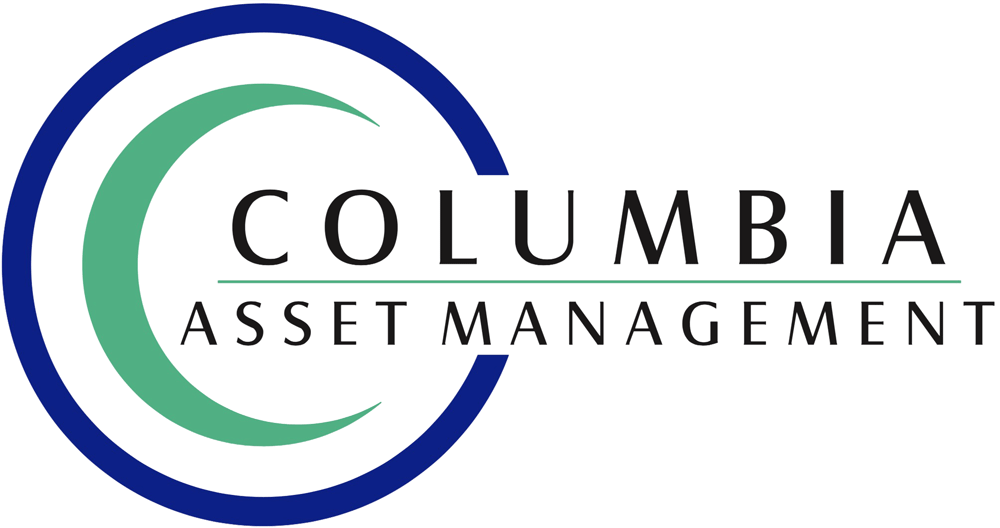
2025 – Off to a Rocky Start
As the Trump Administration settles in (unsettles in?) we already see that the general theme is uncertainty as ‘job 1 ‘. It’s too early to fully know whether the factors that comprise this uncertainty will work out favorably or not, but the early returns certainly suggest ‘not’.
The stock market is definitely not comfortable, which is no surprise. Stock markets do not like uncertainty, so when that is the primary characteristic of the new U.S. Presidency as we move into the heart of 2025, the results are not hard to predict.
It also looks like 2025 may very well remind investors why diversification is important. In the past couple years, simply throwing money at tech stocks, particularly the Magnificent Seven (Apple, Alphabet/Google, Amazon, Meta, Microsoft, Nvidia and Tesla) was all one needed to do to see great returns. In fact, if you had spread your investment net wider, you likely did not fully keep up (including me, except in the ContraTech Fund).
Tariffs and Uncertainty
l mentioned at the end of 2024 (winter edition) that tariffs were likely to be a big concern for investors with the incoming Trump administration. As of spring (only three months later), they already have become headline news and have exceeded my expectations and concerns.
It’s still not clear which Trump-declared tariffs will stick and those that he’ll back off on. ls he using tariffs as a bargaining chip (likely) or a mechanism to advance U.S. interests (as off the mark as that idea very well may be)? Perhaps it’s both. In some ways, it doesn’t even matter. Merely the real possibility of tariffs and trade wars hurts many businesses. As a result of these concerns and general uncertainty, business executives and managers will not be able to properly plan and will likely suspend or pull back on their decision-making for new projects and investment. This is human nature and does NOT help the economy.
The fallout related to the new tariffs likely won’t start to be seen in forecasts and earnings projections for a few months, but it seems likely the somewhat delayed effects (by their nature) will be material and will suggest a slowing economy, perhaps significantly. l hope I’m wrong.
From Fear to Risk Seekers
After the 2008 stock market collapse, the up-and-coming investor generation (young adults) found that investing can hurt and they became a risk-averse investment demographic. Consequently, when the markets bounced back starting in March of 2009, many young investors were on the sidelines. Conversely, when Covid hit in 2020, things played out differently. Young investors, no longer smarting from the sting of 2008-9, stepped into the markets from the comfort of their couches and piled into meme stocks and ‘investments’ promoted in message rooms and the like. Risk was the theme and perhaps a form of entertainment as well.
Now, as the markets slump with tariff threats and concerns of a slowing economy, articles are popping up suggesting young investors will again be spooked. l don’t think so. Perhaps those that have been taking a lot of risk will (and should be), but those that take the long view and invest wisely and with patience, will likely recognize that these periods of time must be endured as best as possible and, if possible, even leaned into by adding to quality holdings at lower prices. I always suggest this approach for those who can afford to. I also believe you should buy incrementally as markets fall and not all at once, since you never know when and where the bottom is until it’s long gone.
Volatile markets are not often the friend of the speculator, but they are much less of a threat to the long-term, reasonable investor. It’s a story as old as time.
Human Nature
When Covid hit, people quickly changed their habits, even long-held ones, including not shaking hands, working from home (WFH) instead of the office, and moving from bigger, congested cities to more rural areas. Articles suggested that rituals such as the handshake, perhaps a weird tradition to begin with, would never come back.
As we now know, many of these changes in our collective behaviors have started to (or fully have) revert to what we did pre Covid. Humans don’t change as much as we predict we will, and I suppose that should not be a surprise to any of us.
Since we don’t tend to change, let’s work with this reality in a positive way. In the investment world, this suggests the following: don’t assume that ‘the new normal’ is really that. Often, it’s an investment fad that fades to something else before long.
Recall the investment craze around 3-D printing, blockchain and marijuana companies in the past decade? For a short period of time, stocks in those new industries rocketed upward as investors/speculators wanted in on the new trend. Most of the stocks in these industries have fallen dramatically since.
This reinforces the reality that most investors should stick to a much more simple and understandable game plan: buy stocks of good companies (especially when they are down for short term reasons) and balance those stocks with safe, predictable bonds and cash. If you save regularly, live within/below your means and let time and compounding of money carry you forward, you’ll very, very likely succeed nicely with time. This approach is not hard in theory but many of us are wired in a way that often makes it hard to carry out in reality.
Our Natural Reaction to Bad Things
When something startling and unexpected occurs, the reaction from people is strong and consistent. When the crash above Reagan National airport occurred in January between a commercial airliner and a military helicopter, people began to get outwardly more nervous about flying. Were the odds of dying in a plane crash materially higher after the crash than before (which was amazingly low, and still is) – no! However, when headlines show scary scenes and reporters discuss these unfortunate accidents, it’s naturally unsettling to impending flyers.
When the stock market recently went through a quick and significant decline, similar reactions occurred and for similar reasons. We are wired to pay close attention and respond to short term, unexpected events. There’s an urge to ‘do something’ rather than go about our lives as we have. With time, and when the dust settles, usually the best path to have taken was to continue ‘as is’. To simplify, the well-known twist of phrase best applies: ‘don’t do something, just sit there!’.
Brian Weisman, CFA,CPA.CFP,CMA
(734)665 -I454
brian@columbiaasset.com

 Beware Investment Themes Du Jur
Beware Investment Themes Du Jur